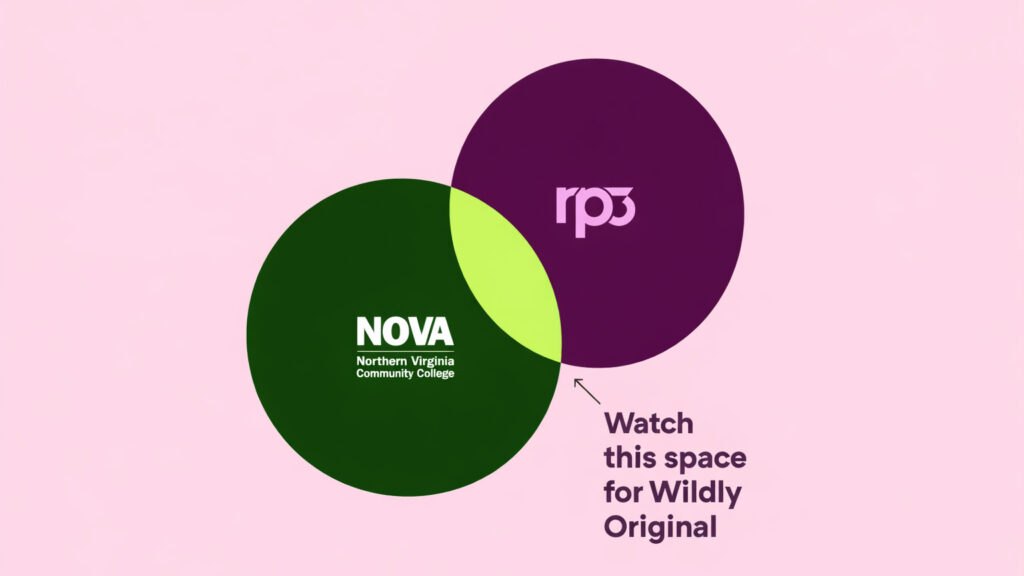
Three Takeaways from the 2019 PR Summit DC
I was honored to once again take part in Capitol Communicator’s annual PR Summit DC. This year’s Summit tackled everything from social media trends and PR reporter relationships to how to tell an impactful story and the art of "newsjacking."
The PR Summit DC brings together some of the best communications professionals from around the Washington Metro area to share ideas, explore new concepts, and keep abreast of the latest trends in communications.
Here are three takeaways from this year’s Summit:
- It benefits everyone when reporters and PR professionals work together. The relationship between the reporter and the PR professional is often an uneasy one. Reporters usually feel PR professionals provide nothing but “spin” and act as if the reporter’s only value is to help make their organization look good. PR professionals often believe reporters are “out to get” their clients and it’s just too risky to engage with reporters unless the opportunity represents a sure win. (Note: There is no such thing.)
One of the highlights of this year’s Summit was the “Working with Reporters in the New Media Relations Environment” that explored this PR professional – reporter dynamic. Steve Pearlstein, the Pulitzer Prize-winning business columnist for The Washington Post, explained that he often attempts to engage organizations to learn more about what they do and how their business operates. However, he said more and more organizations are reluctant to even provide background due to mainly a lack of trust.
Organizations can develop valuable relationships with the media simply by providing background information to reporters, where both reporters and organizations can begin to build trust. This trust will result in stronger, better, and more accurate coverage for the organization.
- You must understand the media landscape for your story to penetrate. The key to a successful PR campaign is being able to tell a compelling story. However, just having a great story is not enough; it also needs to be timely. When developing your story, the question you should be asking is not, "Why does this story matter?", it should be "Why does this story matter right now?”
The panel “Capturing the Stories: Bringing Your Stories to Life Through People, Events, and Opportunities” sought to provide insights on how your organization can tell impactful stories to your key audiences. (Disclosure: I was on the panel.)
When it comes to making an impact, remember that you are not telling your story in a vacuum. You should be continually examining the current media landscape look for ways to incorporate your stories into the conversation of the day. It is often easier to get your voice heard when you are speaking on a topic that's relevant in the current news cycle.
- Successful PR begins with understanding your client’s business. This may seem like an obvious one, but PR professionals can often jump into developing PR strategies and tactics for a client without stepping back to understand what the organization is truly trying to accomplish.
The Summit's keynote speaker this year was PR legend Larry Weber, who gave a memorable address focused on the future of the PR industry.
On the issue of understanding a client's business, Weber told the story of a reporter interviewing Amazon CEO Jeff Bezos about the success of his company. The reporter asked Bezos, "How does it feel to be the largest retailer in the world?" to which Bezos snapped "I am NOT a retailer. I am the world's largest sucker of data."
Understanding how a CEO, or any other leader, see their organization (not just how you see it) is critical in developing a communications strategy and messaging that not only achieves results but positions the organization for future success.
Let's make some good.
Drop us a line


